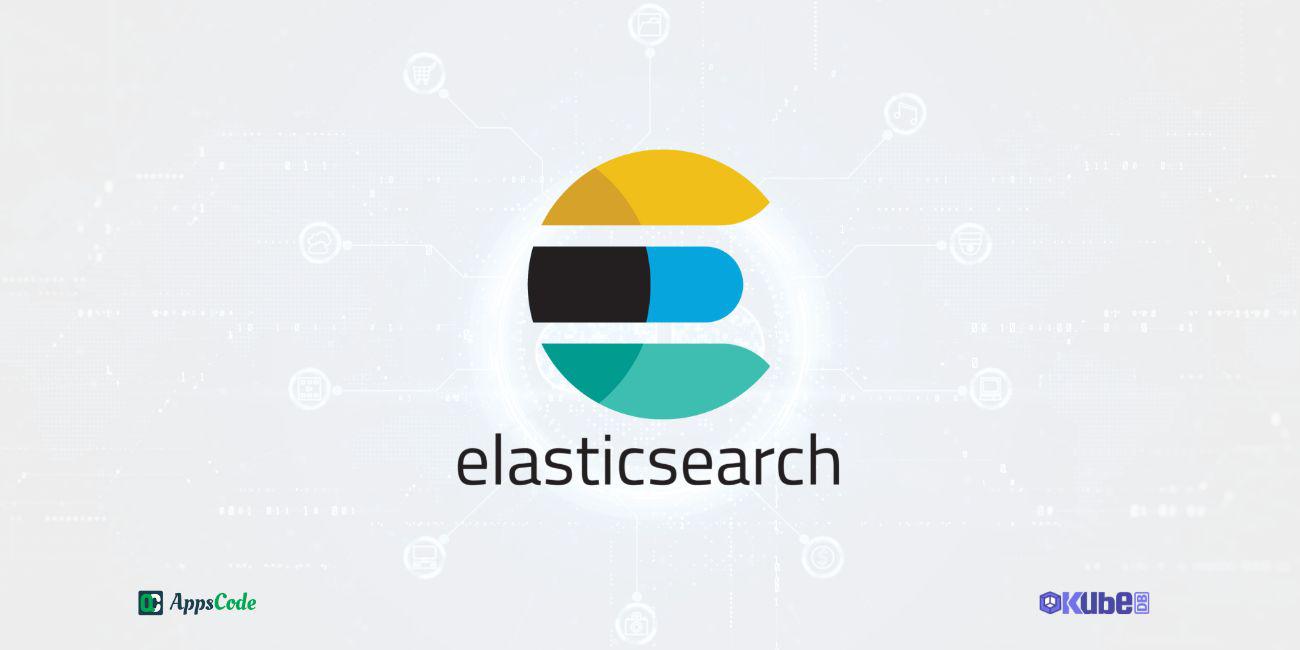
Overview
Elasticsearch is a highly scalable, open-source search engine built to manage large amounts of data. It has several different functions, including full-text search, structured search, analytics, logging, and can be used in a variety of applications and use cases. Elasticsearch is a great option for businesses that need to manage and search through large amounts of information in real-time since it produces quick and accurate search results.
Elasticsearch is built on a distributed design, which allows it to scale horizontally over several nodes to handle massive volumes of data while maintaining high availability. Each node in an Elasticsearch cluster is responsible for storing and indexing a part of the data, which is automatically distributed across the cluster’s nodes. This ensures that the cluster continues to function even if a node fails by automatically reallocating the data to other nodes. Elasticsearch offers a versatile data format that allows you to store and index any type of structured or unstructured data, including text, numerical data, and geospatial data, in addition to its distributed architecture. Using the Elasticsearch APIs, it is simple to search and analyze the data since it is stored as JSON documents. One of the primary benefits of the Elasticsearch data architecture is that it allows you to store many types of data in a single index, offering a single source of truth for all of your data. This simplifies complex search and analytics operations because you no longer need to search across various data sources to find the information you need.
Key Features of Elasticsearch
Elasticsearch offers advanced full-text search features that let you look for relevant items using any combination of text and numeric information. Elasticsearch’s built-in support for synonyms, fuzzy matching, and relevance ranking makes it simple to get the information you need, even if the search words are not an exact match.
Elasticsearch delivers real-time analytics capabilities, allowing you to analyze and visualize enormous amounts of data in real-time. Whether you want to follow trends over time, detect patterns in your data, or execute ad hoc analysis, Elasticsearch has the tools you need to acquire the insights you need when you require them.
Elasticsearch is highly scalable, allowing you to add nodes as your data expand and disperse your data across numerous nodes for optimum performance. Elasticsearch can easily handle data growth and give quick and accurate search results even as your data expands thanks to its built-in sharding and replication capabilities.
Elasticsearch provides simple APIs that make it simple to integrate into your existing apps and operations. Elasticsearch gives the tools you need to rapidly and easily add search and analytics capabilities to any application, whether you’re creating a new one or updating an existing one.
Elasticsearch includes a lot of security features, such as role-based access control, encrypted communications, and audit logging. Whether you’re working with sensitive data or just want to be sure your data is secure, Elasticsearch has the security tools you need to protect your data and your users.
Real Life Use Cases
Website Search
Elasticsearch is used by numerous websites to provide quick and relevant search results to users.
Application Search
Elasticsearch is used by various applications to provide rapid and relevant search capabilities, such as email search, file search, and database search.
Log Analytics
Many organizations use Elasticsearch to conduct log analysis, which makes it easier to spot patterns and trends in significant amounts of log data.
Business Intelligence
Elasticsearch is used by many organizations to perform business intelligence and analytics, assisting in the identification of patterns and trends in vast amounts of data.
Conclusion
Elasticsearch is a robust and versatile search engine that produces fast and relevant search results, making it a great choice for organizations that need to manage and search massive amounts of data in real time. With its advanced full-text search capabilities, real-time analytics, scalability, easy integration, and security features, Elasticsearch is a highly valuable tool for a wide range of use cases. Elasticsearch can assist you in delivering quick, relevant search results and gaining insights into your data whether you’re developing a new application or refining an existing one.
KubeDB Can Assist
It takes an extensive understanding and consistent practice to manage your organization’s database operations, whether they are on-premises or in the cloud. Your application performance may be impacted by the kind of open-source database you choose. You must determine which open-source database will best match for your apps and services, your infrastructure, and your clients before making your selection. To ensure your DBA expertise with the necessary performance and uptime criteria, KubeDB provides a complete support solution. We have a 24x7 support system and maintain SLA to provide 100% reliability to our clients. No matter if your database infrastructure is hosted on-site, geographically localized, or if you use cloud services or database-as-a-service vendors, KubeDB will assist you to manage this whole process in a production-grade environment. Learn more by watching tutorials about Elasticsearch Database
Support
To speak with us, please leave a message on our website .
To receive product announcements, follow us on Twitter .
To watch tutorials of various Production-Grade Kubernetes Tools Subscribe our YouTube channel.
More about Elasticsearch in Kubernetes
If you have found a bug with KubeDB or want to request for new features, please file an issue .









